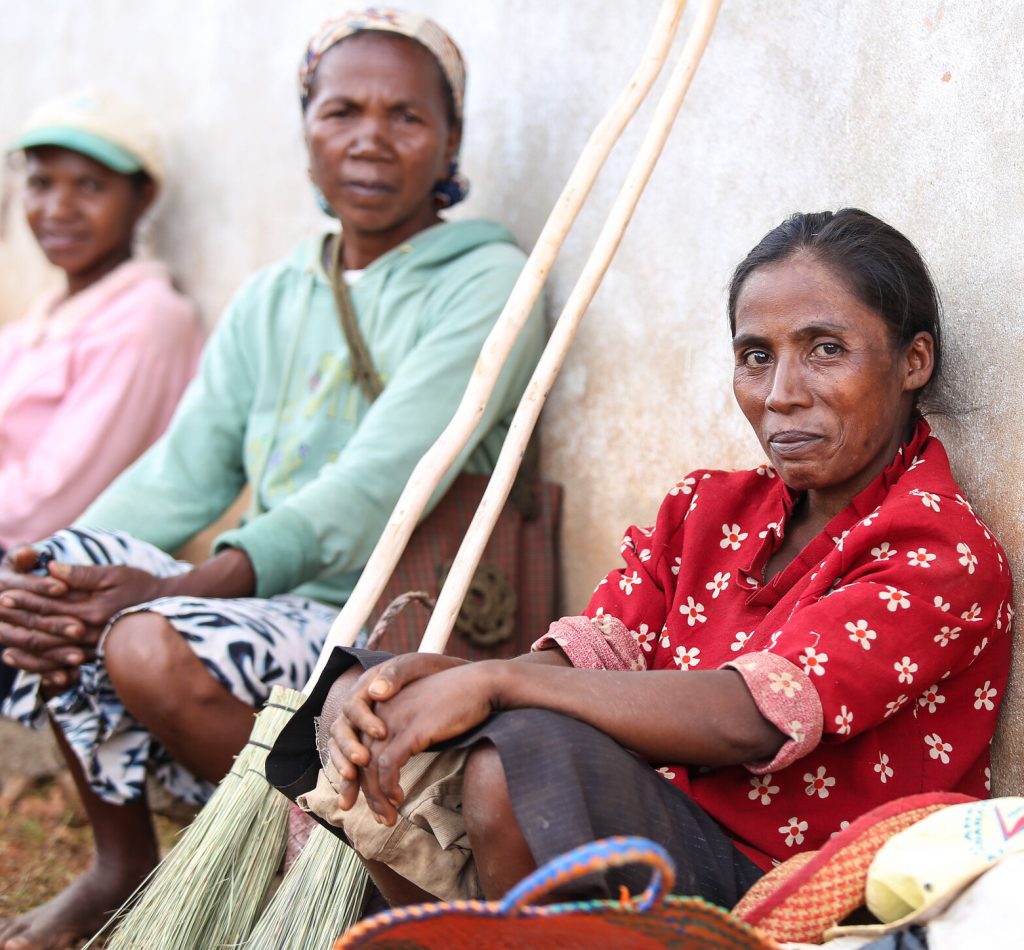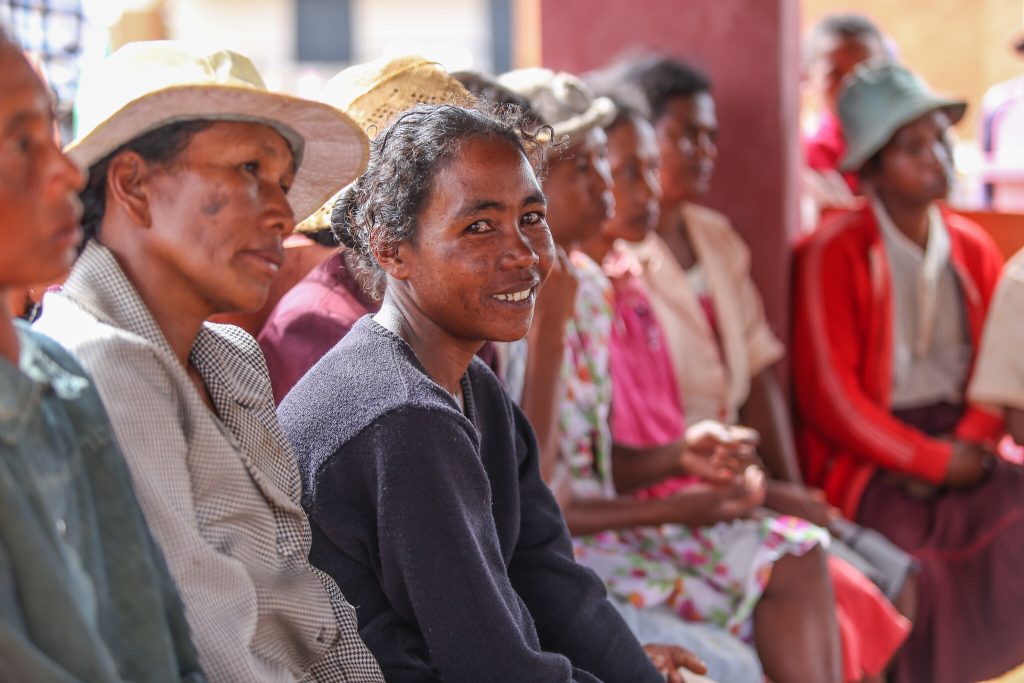GPSA projects
Citizen Involvement in Municipal Service Improvement
Country: Madagascar
Sector: Local Governance
Executing Agency: SAHA
Grant Amount: $700,000
Closing Date: January 2020


Frame and Challenge
The island nation of Madagascar contains unparalleled natural assets and biodiversity. The country, however, has been plagued by weather disasters and recurrent political crises. Madagascar is one of the poorest countries in the world, with nearly 80% of its population classified as extremely poor, and with a 2010 GDP per capita lower than that in 1960. Madagascar ranked 154th out of 188 countries in the United Nations 2015 Human Development report, failing to reach the Millennium Development Goals. The country has a dual-focused economy, with larger agricultural and informal sectors, and a small formal sector.
Despite implementing local taxation, service delivery at the local level is still financed by central government transfers. These transfers constituted only 1.5% of the national budget in 2012, an insufficient spending amount to satisfy demand for local public service provision. In response to this issue, citizens and officials at the commune level have reacted creatively and resiliently to the shortage of fiscal resources, leading to some areas of ad hoc decentralization. Some local governments have taken matters into their own hands in the areas of education, land management and taxes. Breaking the cycle of poor service delivery and low tax intake requires a project designed to increase transparency and accountability mechanisms between local governments and citizens.
Solution
After the GPSA’s third call for proposals, a grant was awarded to SAHA, an NGO established in 2011 with experience in the areas of participatory budgeting, local taxation, economic local development, inter-community planning, land management, and strategic alliances with government actors. The objective of the project with SAHA is to improve transparency and accountability mechanisms between local governments and citizens through participative planning and budgeting in targeted municipalities of Madagascar.
This will be accomplished by:
- strengthening Local Coordination Structures (SLCs) in municipalities targeted by the project,
- improving transparency and accountability of decentralized services in targeted municipalities, and
- sharing knowledge and learning throughout project management. The project targets direct beneficiaries in 46 municipalities, which contain poor, extremely poor, and vulnerable groups.
Outcomes
Although project is set to be completed by the end of January 2020, it has already achieved the following outcomes and progress, as plans have begun to be implemented:
- The project builds the capacity of local coordination structures (SLCs) to play an active role in monitoring service delivery of basic public services in one of several key sectors, including health, education or land management, using locally-adapted participatory evaluation and planning tools.
- Citizen monitoring of decentralized services is leading to more transparent and citizen-friendly budget preparation, public procurement, municipal planning, and investment in health, education and land.
- The constructive engagement at the local and regional levels is scaling up the SLCs collaborations with the Ministries of Education, Health, and Land Services.
Lessons Learned
Throughout implementation, the GPSA and its implementation partners seek out lessons and takeaways from the process, which will inform this and future projects. Thus far, such lessons learned from early stages include but are not limited to, that:
- Project planning should incorporate past and recent reports which inform implementing partners of tested policy’s failures in treating transparency and social accountability. In this such project, the Public Expenditure and Financial Accountability (PEFA) report revealed Madagascar’s worsening scores from 2008 to 2014.
- Taking the project’s effects past the local level requires forethought prior to project implementation. Jointly developed priority plans, created by multi-party stakeholders in service delivery, may allow Madagascar’s local authorities to apply for higher regional and central government transfers.
Learn more
Click on the links below to learn more about SAHA and the GPSA's project in Madagascar.
